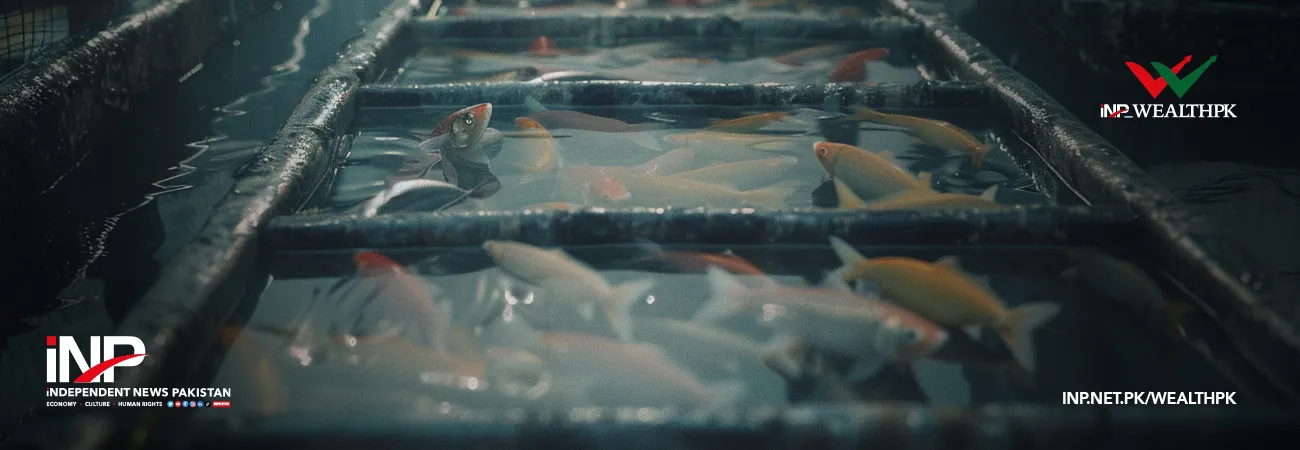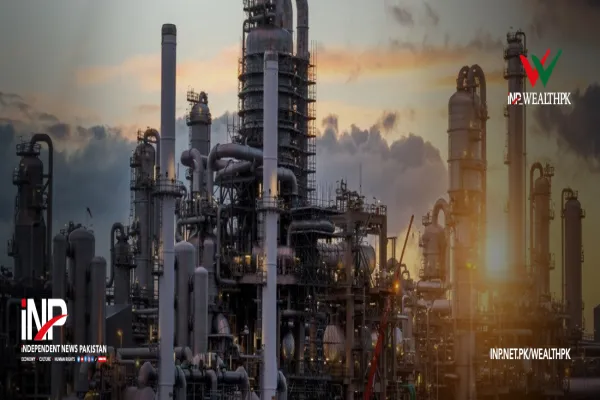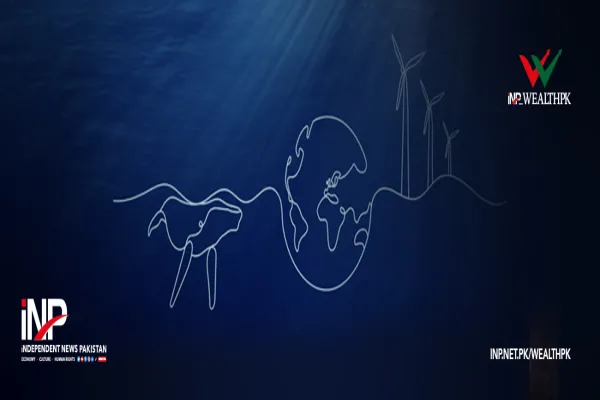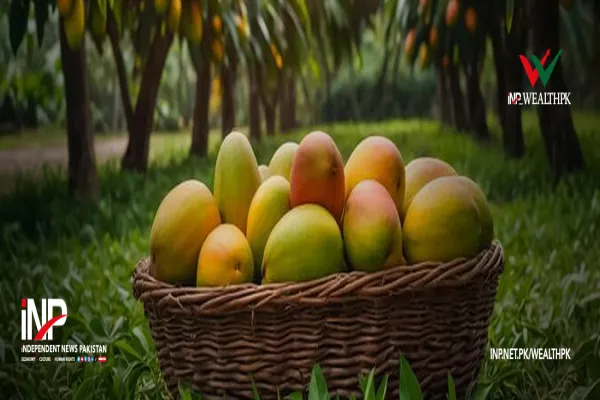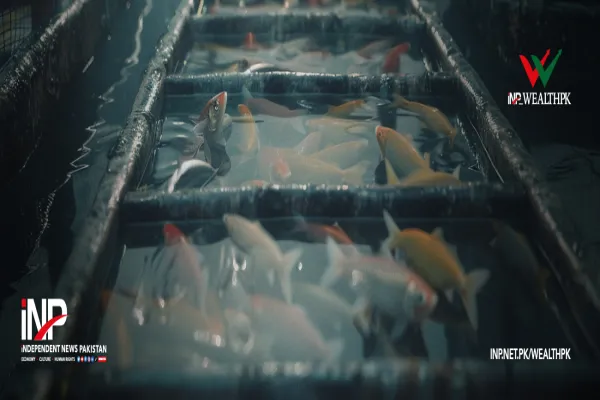i INP-WEALTHPK
Azeem Ahmed Khan
Pakistan has a strong potential to develop a sustainable and thriving aquaculture industry that can contribute meaningfully to food security, employment, and economic progress, Chief Executive Officer (CEO) of Fisheries Development Board Muhammad Junaid Wattoo said in an interview with WealthPK.
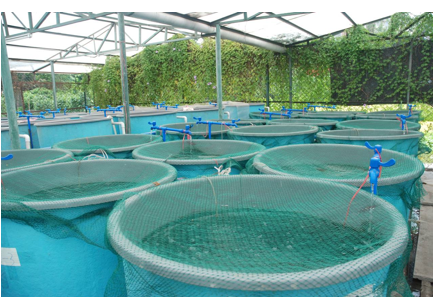
He highlighted the rising domestic demand for seafood, driven by population growth, higher incomes, and changing dietary habits. “Aquaculture offers an efficient and sustainable solution to meet this demand and help address food security, poverty, and environmental challenges by providing stable income streams for fish farmers and related industries,” he said.
Aquaculture, or fish farming, involves cultivating aquatic organisms such as fish, crustaceans, mollusks, and aquatic plants in controlled environments like ponds, tanks, or cages, he said. Describing the advantages of aquaculture, Wattoo said it currently accounts for over half of the global seafood supply and plays a key role in reducing pressure on wild fish stocks, with some systems even supporting stock replenishment through restocking initiatives.
He said in developing countries like Pakistan, where seafood consumption is relatively low, fish farming can play a vital role by increasing the availability and affordability of seafood. As the global demand for seafood continues to rise, aquaculture is emerging as a critical solution to bridge the gap between consumption and supply, the CEO said.
Wild fish populations face numerous threats – including overfishing, climate change, pollution, and habitat loss – that impact their availability and drive up the seafood prices, he added. “Yet aquaculture provides a buffer against these pressures by offering a stable and controlled supply of fish,” he said. Junaid Wattoo said unlike traditional fisheries, aquaculture allows for the farming of a wide variety of species, including those that are not commonly found in the wild.
This helps diversify consumer options and eases pressure on heavily fished species, he added. Technological advancements in aquaculture have also led to more sustainable and environment-friendly practices, he said. Modern systems use resources more efficiently, reduce waste, and mitigate ecological impacts, he added.
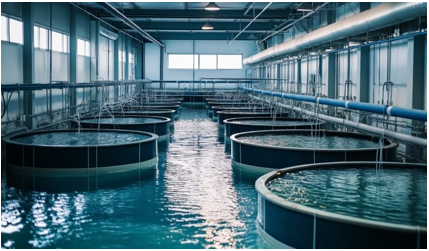
Farmed fish are often of higher quality and safer to consume, as controlled rearing environments reduce exposure to pollutants and harmful contaminants, he said. Beyond food supply, aquaculture also contributes to economic development through the sale and export of aquatic products, he added. Wattoo said recognizing aquaculture’s importance, the government has introduced several measures to boost the industry in the country, including the establishment of Fisheries Development Board.
It also offers financial and technical support to the fish farmers for higher productivity, he added. He said currently, major farmed species in Pakistan include carp and tilapia, while pilot shrimp farming projects have been launched in coastal Sindh and inland Punjab. There is a strong potential for expansion into other species such as catfish and pangasius, he added. There is also growing interest in export-oriented aquaculture, with Pakistani seafood products gaining recognition in international markets, the CEO informed WealthPK.
Globally, aquaculture is one of the fastest-growing food sectors and is recognized as an important source of food and income for millions of people, he added. In countries such as China, Japan, and South Korea, aquaculture is a major industry – particularly in China, which produces over 60% of the world’s farmed fish, he said. This growth is driven by advancements in production technologies, infrastructure, and rising demand for high-quality seafood, he added.
Junaid Wattoo said despite the progress in Pakistan, aquaculture faces many challenges. These include limited access to quality inputs, infrastructure, and finance, alongside environmental concerns like water pollution. To overcome these issues, the government and stakeholders are jointly working to strengthen regulations, improve infrastructure and logistics, and support research and innovation, he added.
Credit: INP-WealthPk


